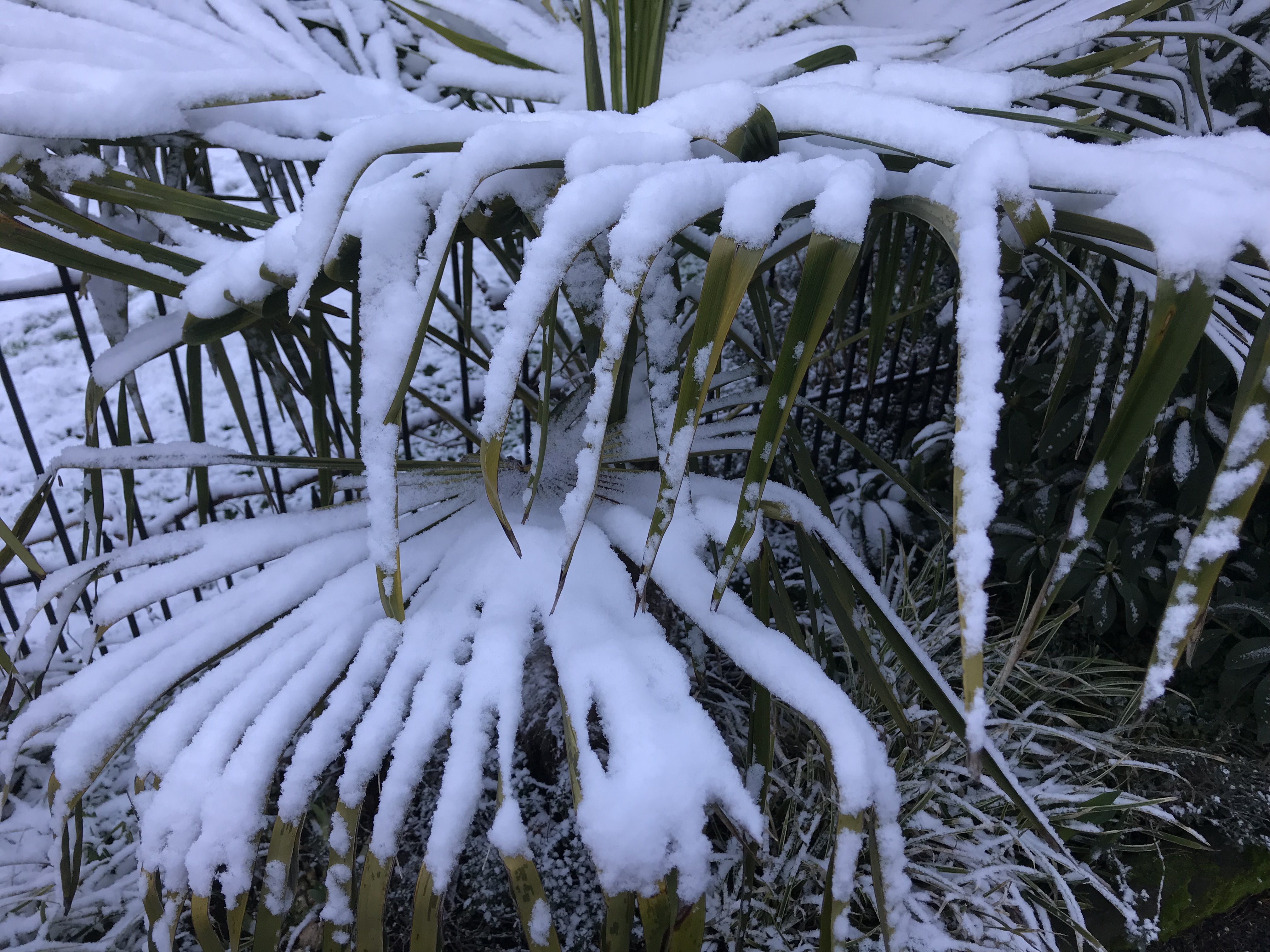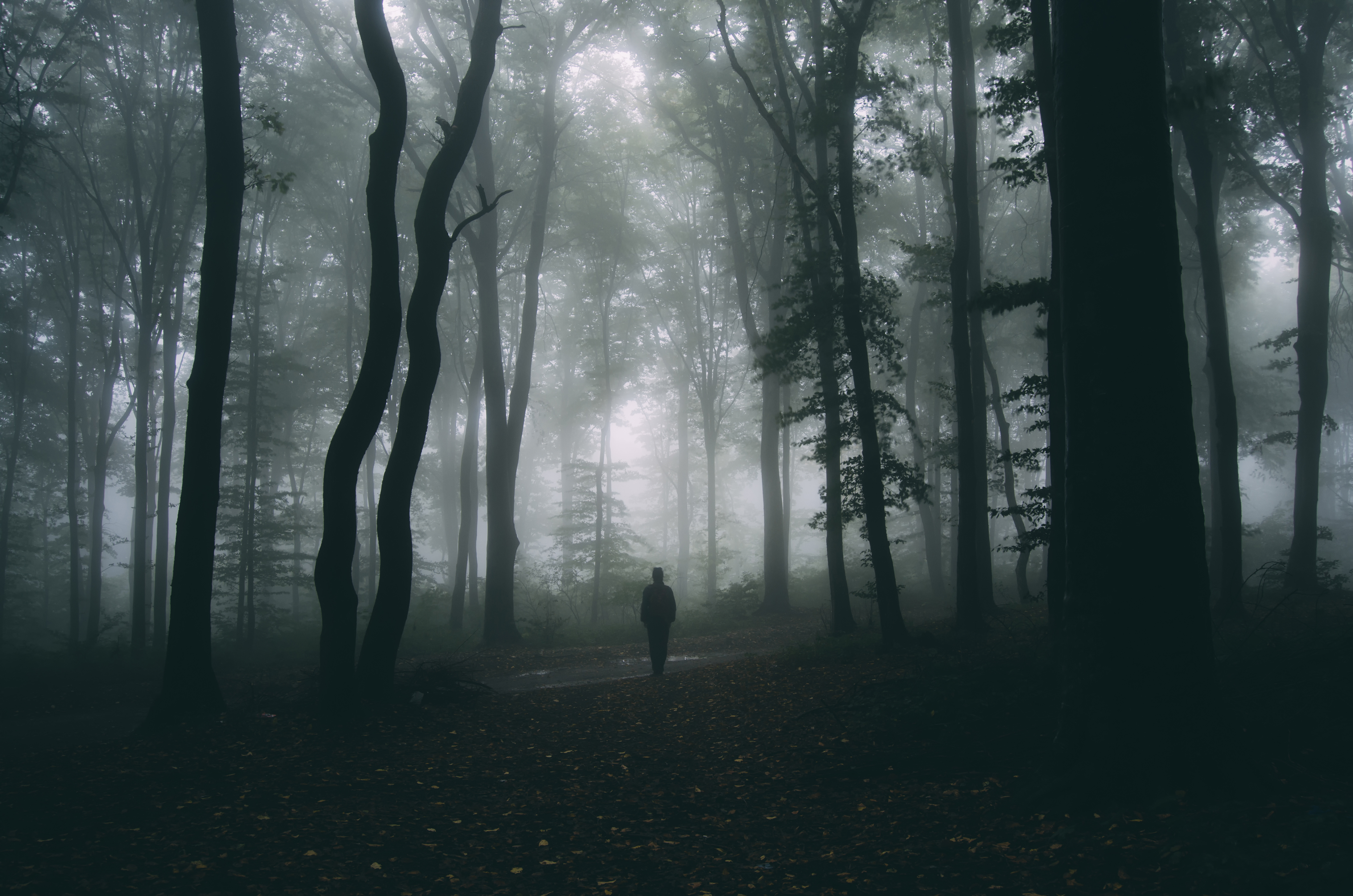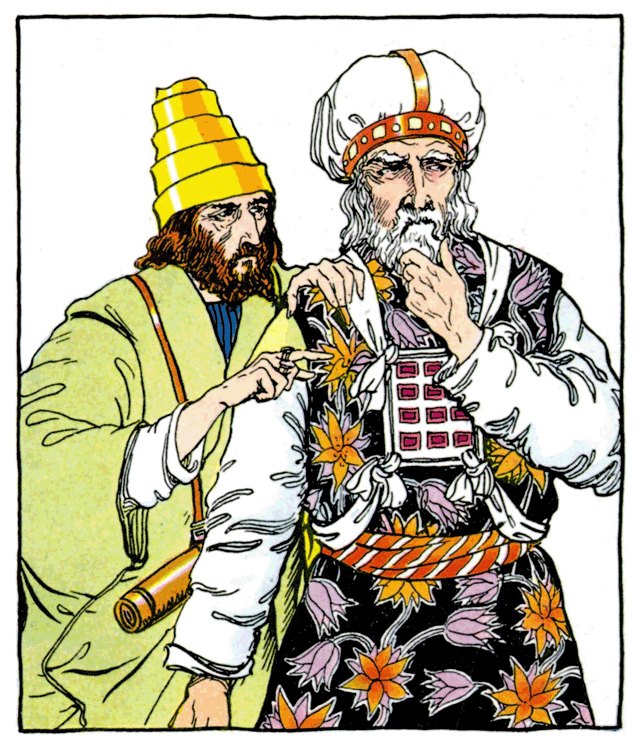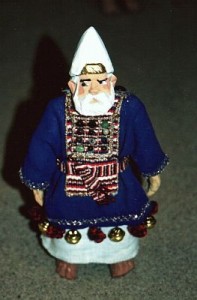Please enjoy these snow photos from my backyard. Quite a contrast from the warm, sun-drenched Mexico we just returned from a couple of weeks ago.
When you view these photos, think of the robes of the righteousness in which YHVH has clothed his repentant and righteous saints thanks to the blood of Yeshua!
 My lone palm tree bedecked in white.
My lone palm tree bedecked in white.
“Come now, and let us reason together,” Says YHVH, “Though your sins are like scarlet, They shall be as white as snow; Though they are red like crimson, They shall be as wool.” (Isa 1:18)
I will greatly rejoice in YHVH, My soul shall be joyful in my Elohim; For He has clothed me with the garments of salvation, He has covered me with the robe of righteousness, As a bridegroom decks himself with ornaments, And as a bride adorns herself with her jewels. (Isa 61:10)
He who overcomes shall be clothed in white garments, and I will not blot out his name from the Book of Life; but I will confess his name before My Father and before His angels. (Rev 3:5)
Let us be glad and rejoice and give Him glory, for the marriage of the Lamb has come, and His wife has made herself ready. And to her it was granted to be arrayed in fine linen, clean and bright, for the fine linen is the righteous acts of the saints. (Rev 19:7–8)






